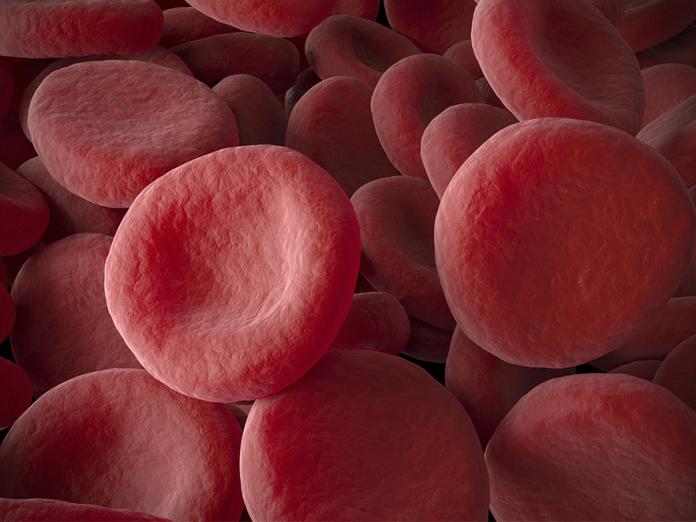A flexible degree with career opportunities
Undergraduates at OSU can pursue a Bachelors of Science in Mathematics or choose one of four specialized options within the degree program. Many of our mathematics majors are double majors, especially in other sciences or engineering.
The Department of Mathematics also offers minors in Mathematics and in Actuarial Science. The minor in Actuarial Science includes courses of interest in the Actuarial and Financial industries.
Official program requirements for all department programs, including the Mathematics major and its options, as well as the minors in Mathematics and in Actuarial Science, are listed in the OSU General Catalog. The sample program therein shows a possible path through the curriculum for students who are able to start MTH 251, Differential Calculus, in their first term.











